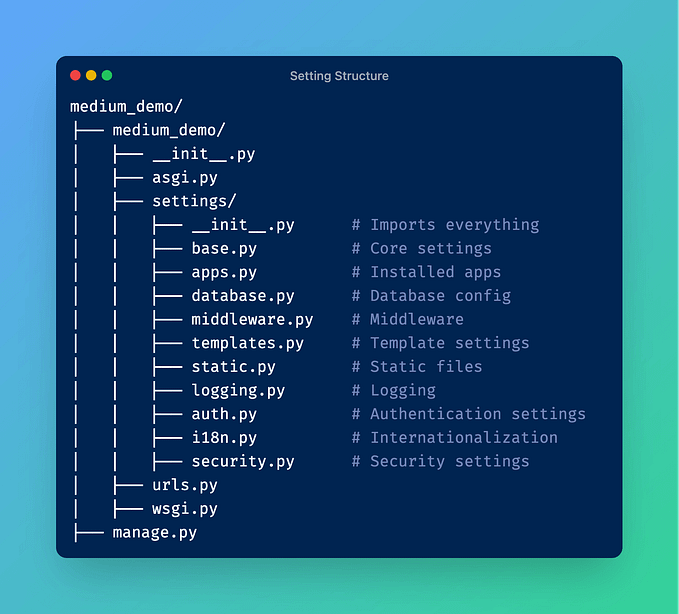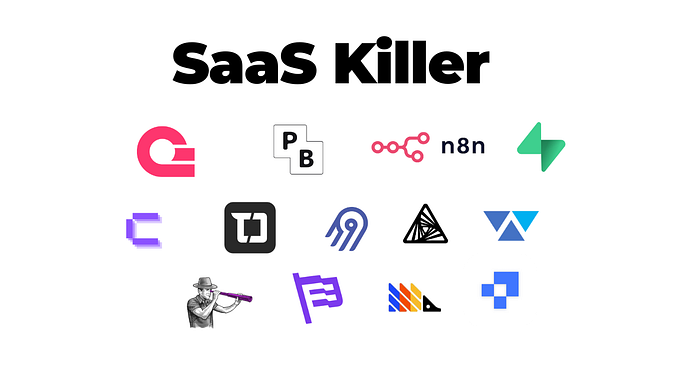Tapping into the Value of Data for Better Lives
Ongoing discourse on governments’ response to COVID-19 emphasizes the crucial role of data in saving lives and protecting livelihoods. As more government institutions and development projects foray into the art of the possible with new data sources, it is important to address underlying systemic conditions that hamper effective adoption of data innovations. This includes issues around effective data access and data processing, as well as the need for guiding principles and protocols for both current and future responses. At the Asia regional consultation for the forthcoming World Development Report 2021 which Pulse Lab Jakarta recently co-hosted, one of the central themes was on how to strengthen data systems to increase the value of data. These discussions have inspired us to reflect on Indonesia’s COVID-19 data ecosystem and the work we’re doing to inform response and recovery.
Public Reporting on COVID-19
In the early weeks of COVID-19 in Indonesia, our team began surveying the availability of publicly reported data on cases across the country. Apart from understanding how the pandemic was evolving across the archipelago, we were interested in examining the country-wide data ecosystem. Our baseline assessment in May 2020 revealed that only 20 of the country’s 34 provinces had clear reporting sites where data could be obtained, and of the 523 districts, only 290 had updated websites reporting on COVID-19.
Whilst several provinces share their data on public sites through a common domain-naming format (https://corona.provincename.go.id), others provide data through their regional health offices or use customised links. West Java in particular is one of the provinces that has complete and updated data, with DKI Jakarta detailing data from the district to the village (kelurahan) level. However this is far from being the norm across all provinces, notably with data being publicly unavailable for a few. Ranging from PDFs to images, there are also inconsistencies in the format in which the data is presented, thus presenting challenges for other parties to aggregate and/or make use of the data.
In undertaking this process, it became immediately apparent the need for more effective country-wide collaboration and a stronger data ecosystem. Together with the Data and Information Centre (Pusdatinrenbang) in the Ministry of National Development Planning and with support from UNICEF Indonesia, our team designed a data analysis and visualisation dashboard to monitor how the data was being reported day-to-day on provincial websites. Particularly in handling the COVID-19 crisis, this was an opportunity to identify and address underlying, systemic conditions within the country-wide data ecosystem to ensure a more effective national response, and tackle misinformation where trust in public data is compromised.
In the second phase of our baseline assessment, we further examined the provincial websites’ public reporting on COVID-19 to answer: what details are included on each website, how frequently is it updated, and what are the recurring issues in terms of data access and data ingestion? This dashboard is being integrated among the Indonesian Government’s COVID-19 monitoring assessment tools.
Investing in Stronger Data Ecosystems
As the World Development Report 2021 Concept Note highlights, data is critical for informing public policies, programme design and service delivery. Without data on COVID-19 for instance, it is difficult to understand how the pandemic is spreading through time and to assess whether the policies intended to slow the spread of the virus are actually having an impact. Making data available and accessible enables civil society to hold governments accountable for policy choices and encourages citizens to provide feedback to better adapt and improve policies. However as evidenced in the baselining work we conducted, necessary policy and resource investments are needed to improve Indonesia’s data ecosystem.
A vibrant data ecosystem first requires consistency in applying principles of open data (incorporated also into Indonesia’s “Satu Data” policy), where fundamental and systemic improvements are needed in the areas of:
- Data Standards which refer to standardisation of data, such as concepts, definitions, coverage, classification, size, units and assumptions.
- Metadata that underlies structured information related to data that describes, explains, finds, or makes information from data easy to find, use, or manage.
- Data Interoperability that describes the readiness of data to be shared between interacting electronic systems.
- Human Resources to ensure that sufficient resources are in place to build a competent team with interdisciplinary skills to meet demands and expectations.
These improvements are required to harness the numerous possibilities of using big data for decision making. Putting aside the hype, we need to progress from simply developing a host of tools for the sake of “innovation”, supposedly contributing to efforts in addressing the impact of the pandemic, to processes ensuring their integration into ongoing public decision making processes. The pandemic underlines why a more integrated data ecosystem is needed instead of continuing to work in silos. In other words, it’s not simply about the success of any one province in applying and adhering to these open data principles, but a country-wide approach is necessary for effective policy and decision making. In parallel, data innovations need to be embedded as part of a wider data ecosystem to be impactful.
To be an effective partner supporting data integration and interoperability, we also look to further strengthen the coordination and integration of efforts across the various government data initiatives to help catalyse linkages between ministries and levels of government. Promoting data reuse and data sharing is key, for instance between governments and private companies, where data may be collected for commercial use but also has value for policy making and influencing development outcomes.
The Role of Governments
Across the development sector, there’s been a steady uptick in the adoption of data innovations over the years, but how do we get to the next level of scaling and impact? Looking at the fundamental issues of Indonesia’s data systems, and highlighting actual observable conditions on how COVID-19 is being reported across regions, emphasizes that we need to focus on areas of capacity gaps, processes and procedures which are factors hampering efforts to address the pandemic and its impact on society.
Governments in particular have a role to play in:
Data Standard Development: by investing in building national and subnational data infrastructures to support an integrated data ecosystem, including developing needed metadata, data sharing, and interoperability standards.
Data Innovation Integration into Policy Making: by shifting from developing a host of tools for the sake of “innovation”, to integrating data innovation into public decision making processes and optimising the use of data in decision making processes (from planning, implementation & evaluation).
Use of Conventional and Non-Conventional Data: by complementing available conventional data/statistics with non-conventional dataset to improve policy responses.
Coordination and Collaboration across Stakeholders: by strengthening coordination between line ministries, data holders, and potential data users (i.e. policy makers, development agencies) to ensure the availability of and access to data.
Looking at the changing data landscape across countries, the forthcoming World Development Report 2021 focuses on what improvements are needed to better tap into the value for better lives while safeguarding against harmful outcomes on people, businesses and societies. This seminal report on data and the points we’ve discussed in this blog are particularly relevant for those operating in the development space, as the onus is on us and our range of public-private partners to work together to improve issues of data governance, law, policy and infrastructure in order to influence better development outcomes that can benefit everyone.
We’d love to keep this dialogue going and look forward to your comments and suggestions on the work we’re doing to harness big data analytics and human centered to fill information gaps in the developing and humanitarian sectors in Indonesia and beyond.
This blog was submitted as part of the World Data Forum 2020 blog series.
Authors: Petrarca Karetji (Head), Femmy Soemantri (Partnerships and Advocacy Lead) and Dwayne Carruthers (Communication Manager)
Technical Team: Muhammad Rheza (Full Stack Engineer), Faizal Thamrin (Humanitarian Data Advisor) and Annissa Zahara (Data Engineer)
Pulse Lab Jakarta is grateful for the generous support from the Government of Australia








